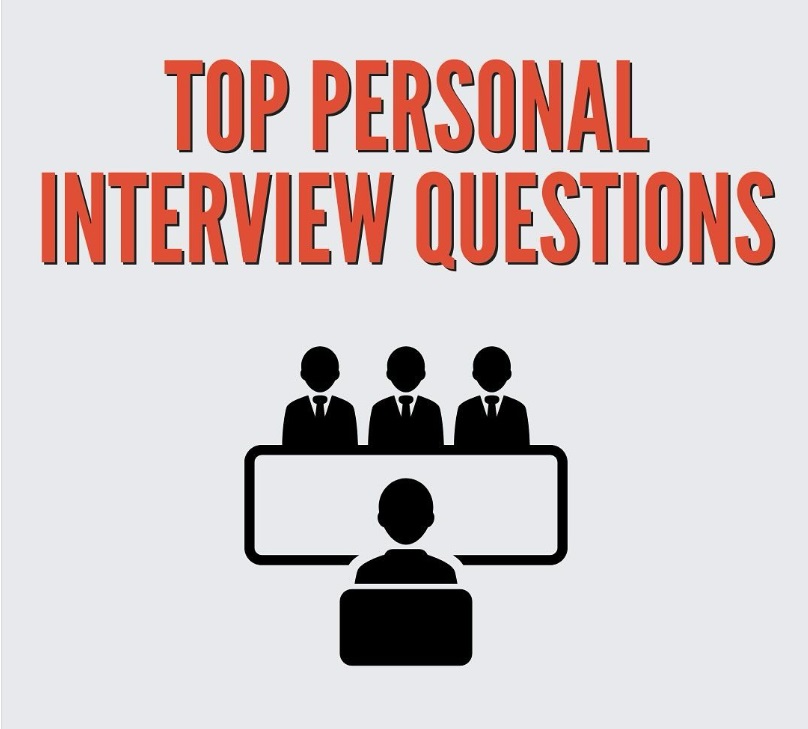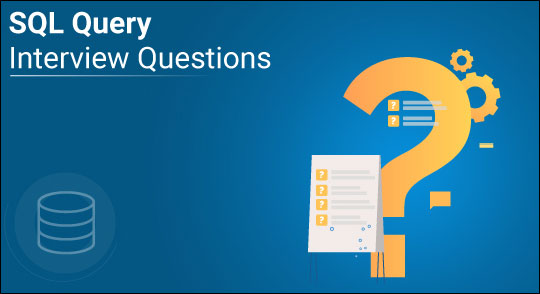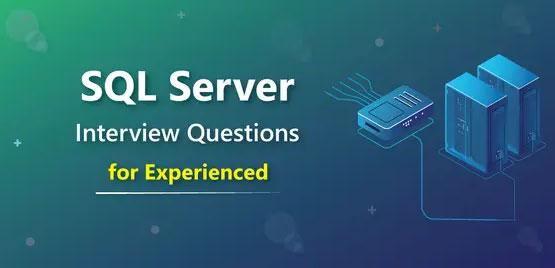How to Plan for What to Answer?
Preparing for an interview goes beyond rehearsing answers — it’s about understanding what hiring managers truly value and presenting your best self with clarity, confidence, and professionalism. This guide covers the major types of personal interview questions and provides actionable strategies to answer them, whether you’re a seasoned professional or stepping into your first interview.

Behavioral Problem-Resolving Questions
The aim for behavioral concerns is to analyze your opinions, decisions, and responses to problems. These help employers assess whether your approach aligns with their work culture and expectations.
“Tell me about a time…” or “Describe a situation when…” When are there frequent openings to such queries?
Why is it essential? Perhaps those are the most vital abilities you can bring to a team in resolving issues. Recruiters want to see how you connect with other people, think under pressure, and bounce back from disappointments.
Possible Example:
- “Define an instance where you had to deal with a difficult situation.”
- “Describe a situation wherein you had to handle multiple responsibilities together.”
- “How have you solved an issue on your team ?”
How to react:
Deploy the STAR Method:
Situation: Allow a brief summary of the context.
Task: What were you responsible for?
Action: What steps did you take?
Result: What was the outcome, and what did you learn?
Simple reply: “Two days before the beginning of the campaign, our marketing platform was compromised during a product launch. To conduct the investigation, I quickly arranged a meeting with the tech employees. We successfully restarted upon noticing a server overload and moving to a more scalable service. The campaign met its goals, and we found how important load testing is before major events.
Pro Tip: Pay close attention to certain results and skills learned. Your growth can sometimes be more noticeable to employers than your perfection.
Questions for a personal interview:
The objective of these questions is to find out your character, values, and goals, in addition to assessing if you belong in the business culture.
Why is it necessary for recruitment to be based on individuals instead of technical expertise? “Employers look beyond technical skills — they want to understand your values, personality, and culture fit.”
Typical questions are:
- “Would you kindly introduce yourself?”
- “What inspires you?”
- “What do you prefer doing whenever you’ve got idle time?”
- “Who was responsible for the most impact upon your career growth?”
How to respond: Highlight personal instances that show skills essential to that position. Let it be clear how your personality matches with the position you are applying for.
Example response: “Data analysis attracts me since I’m innately interested.
Identifying trends and overcoming challenges keeps me motivated. I have learned the latest innovations as well as worked on DIY electronics in my spare time, which makes me think outside the box.
Tip: Avoid sharing unnecessary details in your responses. Maintain your cheerfulness and professionalism throughout.
Common Questions from HR Screening :
These requests help HR find out about your work experience.
These questions help assess your alignment with the company’s goals, culture, and long-term vision.
Why is it essential that your responses to these queries decide how far you progress in the hiring process? HR checks for indicators and an ideal long-term compatibility.
- Mostly inquired, “Why do you want to join our team?”
- “What exactly would you know about our company?”
- “How exactly did you leave your most recent job?”
- “Exactly what is your ideal compensation for this position?”
How to say: Learn about the company’s achievements, values, and culture in preparation. Be honest yet tactful, especially when discussing previous roles.
Strengths and weaknesses:
Proving you are self-aware and your willingness to grow is the key when you are asked about your strengths and weaknesses in an interview. Here’s how to keep efficiency and clarity:
Example for strength: “I offer outstanding interpersonal abilities.
To retain everyone in alignment, I’ve arranged team meetings, given division notifications, and engaged with clients.
Weakness Example: “I used to take on too much myself, thinking it would be faster. But I’ve learned that delegating builds trust and improves team performance.
Success suggestion:
- Focus on strengths that align with the role
- Find an insignificant flaw to express and explain how you’re working to make it improve.
- Eliminate overused replies, for example, “I’m a perfectionist.” Show growth and be honest!
Handling stress during interviews
These kinds of questions check your capability to deal with expectations, deadlines, and unexpected challenges.
Why it matters: Pressure is an aspect of every role. Organizations want to know whether you can manage pressure effectively.
- In that case, how do you react to pressure?
- Explain a case when you had to meet a time constraint.
How do you manage multiple priorities under pressure?
How to react: Offer an actual instance that supports your stress reduction methods, including creating objectives, maintaining focus, and obtaining support.
Such as: “We lost a key designer during a holiday campaign. I assisted with creative work, helped reassign tasks, and handled timelines. Sales exceeded forecasts, and we released on time.
Tip for success: Look closely at how you are able to stay focused, successful, and organized.
Also Read: How Console Flare’s Data Analyst Course in Noida Can Boost Your Career?
Queries regarding work experience:
These questions help candidates tie past roles to the job at hand.
Why it’s essential: Employers want to understand how your past experience allows you to help others quickly.
- For example,
what did your past job teach you? - Describe your most significant achievements till now.
- How has your past experience prepared you for this role?
How to react: Highlight your key accomplishments, the lessons you’ve learned, and the skills that apply directly to this role.
In this case, “I minimized turnaround time by 30% in my past role by improving our email marketing workflow. I have learned through that experience that even the smallest process modifications can have an important impact.
Tip for success: Always connect your present opportunity to past roles.
Conclusion:
At ConsoleFlare, we go beyond questions and answers — we empower you with real-world simulations, one-on-one coaching, and expert-led training that builds confidence and clarity. Whether you’re responding to behavioral questions or discussing your personal strengths, we make sure you’re not just prepared — you’re interview-ready.
“Prepare smarter. Perform better. With ConsoleFlare, you’re not just answering questions — you’re owning the room.”
For more such content and regular updates, follow us on Facebook, Instagram, LinkedIn




